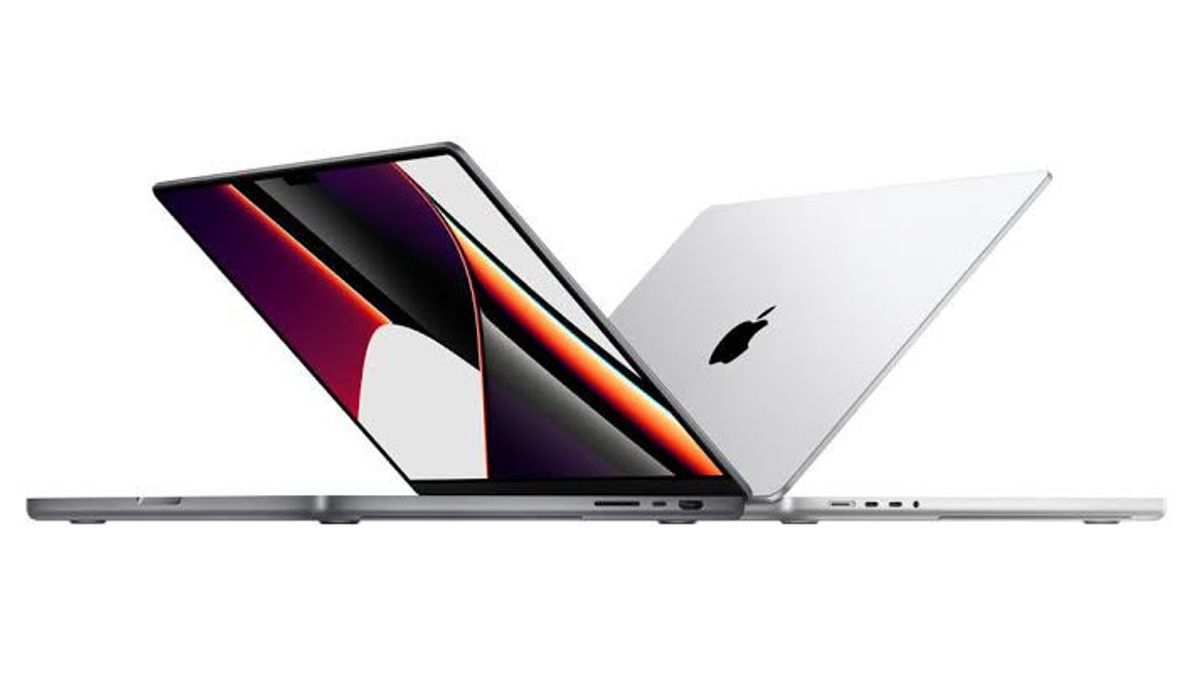JAKARTA - The pandemic is over, but this has caused personal computer (PC) shipments to decline sharply globally, especially in Apple's Mac.
According to preliminary results from the International Data Corporation (IDC), global shipments amounted to 56.9 million, down from 29.0 percent compared to the same quarter (Q1) in 2022.
This result, IDC said, indicates the end of the demand period caused by COVID and temporarily returns to the trend before COVID.
Meanwhile, shipments in Q1 2023 were substantially lower than 59.2 million in Q1 2019 and 60.6 million units in Q1 2018.
"Although the channel inventory has run out in recent months, it's still well above the healthy range of four to six weeks," said Jitesh Ubrani of IDC, reported Tuesday, April 11.
Even with a massive discount, PC channels and makers can expect an increased inventory to last until the middle of the year and potentially until the third quarter.
Of the five largest traditional PC makers in the world, Apple was hit the most in Q1, with PC shipments dropping 40.5 percent compared to the first three months of 2022, which hit 6.9 million but fell to 4.1 million in the first quarter of the same year.
This is because the M1 chip managed to fight a larger category trend in 2021/2022. The chip marks Apple's biggest PC computing update since the company switched to Intel decades earlier, quoted from TechCrunch.
Then followed by Lenovo and Asus, both experienced a 30.3 percent decline in shipments from quarter to quarter, while Dell's shipments decreased by 31 percent.
HP still had the best fate, although it only sent 24.2 percent of PCs less in Q1 2023 than in the first three months of last year.
It should be noted, traditional PCs include desktops, notebooks, workstations and excluding tablets or x86 servers. The pause in growth and demand also provides a space supply chain to make changes as many factories begin exploring production options outside of China.
Meanwhile, PC makers are also recasting their plans for the remainder of the year and are starting to withdraw Chromebook orders to anticipate an estimated increase in licensing costs later this year.
Although PC shipments are likely to suffer in the near future, IDC expects to bounce back towards the end of the year with expected improvements in the global economy. Another factor is also because many customers will start thinking about upgrading to Windows 11.
"By 2024, an old installed base will begin to be updated. If the economy tends to rise at that time, we expect a significant market increase as consumers want to refresh themselves, schools are trying to replace the outdated Chromebook, and businesses are turning to Windows 11," explained Vice President of Research, Devices and Display at IDC, Linn Huang.
"If the recession in the main market continues until next year, recovery could work hard."
The English, Chinese, Japanese, Arabic, and French versions are automatically generated by the AI. So there may still be inaccuracies in translating, please always see Indonesian as our main language. (system supported by DigitalSiber.id)













